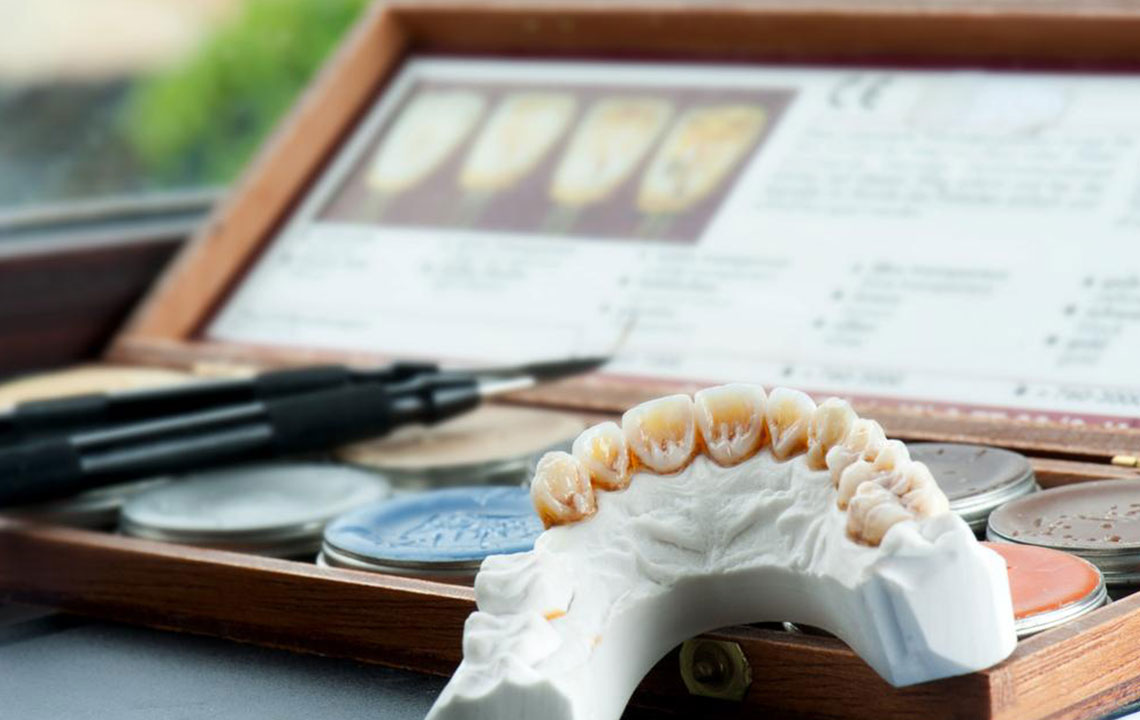The Ultimate Guide to Dental Implant Costs, Procedures, and Aftercare
Explore our comprehensive guide on dental implant costs, procedures, and recovery tips. Learn about the benefits, factors influencing expenses, surgical processes, healing stages, and long-term care for a durable, natural-looking smile. Discover how dental implants can improve your oral health and boost your confidence with expert insights and practical advice.

Comprehensive Insights into Dental Implant Expenses, Surgical Process, and Recovery Timeline
Dental implants have revolutionized restorative dentistry by providing a durable and natural-looking solution for missing teeth. These surgical fixtures serve as artificial roots, anchoring replacement teeth securely into the jawbone. Most dental implants are constructed from titanium, a biocompatible material that fuses seamlessly with bone tissue through a process called osseointegration. This integration creates a stable foundation capable of supporting various dental prostheses, including crowns, bridges, and full or partial dentures. The design and material quality of implants are critical to ensuring they withstand the daily stresses of chewing and speaking, making durability a key consideration.
Understanding the costs associated with dental implants requires an appreciation of several factors. While the initial financial investment may seem high compared to alternatives like dentures or bridges, dental implants often prove to be more cost-effective in the long run. This is because they tend to last for decades with minimal maintenance, reducing the need for frequent replacements. The overall expense encompasses not only the implant components themselves but also the surgical procedure, diagnostic tests, imaging (such as X-rays or CT scans), and any preparatory or adjunctive treatments like bone grafting if necessary.
Cost variation is typical and depends on individual factors such as the number of teeth to be replaced, oral health status, and existing bone density. For example, patients with significant jawbone loss may require additional procedures like bone grafts or sinus lifts, which increase costs. Additionally, the choice of materials—high-grade titanium versus alternative options—and the expertise of the dental surgeon influence the overall price. While some insurance plans offer partial coverage, many patients find themselves paying out-of-pocket, emphasizing the importance of financial planning and consulting with a qualified implant specialist to understand the total investment required.
Beyond costs, the procedure involves meticulous planning by dental professionals. This includes comprehensive oral examinations, dental imaging, and treatment planning to ensure optimal implant placement. Surgical placement requires local anesthesia, and in some cases sedation, to ensure patient comfort. The actual implant insertion involves drilling into the jawbone, followed by the placement of the titanium fixture. After installation, a healing period called osseointegration occurs, during which the bone bonds strongly to the implant surface. This process can take anywhere from three to six months, during which temporary restorations may be used.
It's essential to recognize that proper placement by a skilled specialist significantly impacts the longevity and success of the implant. Experienced dentists or oral surgeons are adept at minimizing complications and ensuring the implant's stability. The success rate of dental implants is notably high, often exceeding 95%, when performed under ideal conditions.
After the surgical procedure, patients enter the healing phase, which varies depending on implant type. Endosteal implants are embedded directly into the jawbone, whereas Subperiosteal implants sit atop the bone, beneath the gums. Post-surgical care is vital to promote healing and prevent infections. Maintaining rigorous oral hygiene practices—such as brushing, flossing, and using medicated rinses—helps protect the implant site. Smoking can impair healing, so cessation is recommended before and after surgery to enhance outcomes.
During recovery, mild discomfort, swelling, bruising, and minor bleeding are common and can be managed with prescribed pain relievers and anti-inflammatory medications. Patients are advised to adhere to a soft-food diet for at least a week post-surgery and avoid strenuous activities until fully healed. Complete recovery, including the osseointegration process, can take up to six months, after which the final prosthetic components are attached to restore normal function and aesthetics.
Dental implants are not only a functional replacement but also help preserve facial structure by preventing bone loss, which often occurs when teeth are missing. They maintain the integrity of the jawbone, preventing the sunken look that can develop over time with traditional denture use. Implants are suitable for replacing teeth lost due to decay, traumatic injury, periodontal disease, or age-related deterioration. While initial costs might seem high, their durability and natural appearance make them one of the best long-term investments for oral health.
Considering the financial aspect, it's important for patients to evaluate the long-term benefits, including improved comfort, speech, and confidence. Additionally, dental implants help prevent the shifting of adjacent teeth and preserve overall jawbone health. Insurance coverage often varies, with some plans covering part of the procedure, especially when medically necessary. Therefore, consulting with a dental professional and exploring financing options can make the journey toward a restored smile more manageable.
In conclusion, dental implants offer a comprehensive solution for those seeking a permanent, aesthetically pleasing, and functional replacement for missing teeth. With advances in dental technology and skilled practitioners, the process has become more predictable and accessible. Proper planning, skilled surgical placement, and diligent post-operative care are essential to ensure the success and longevity of dental implants. Investing in dental implants is investing in better oral health, enhanced quality of life, and a confident smile that lasts decades.





